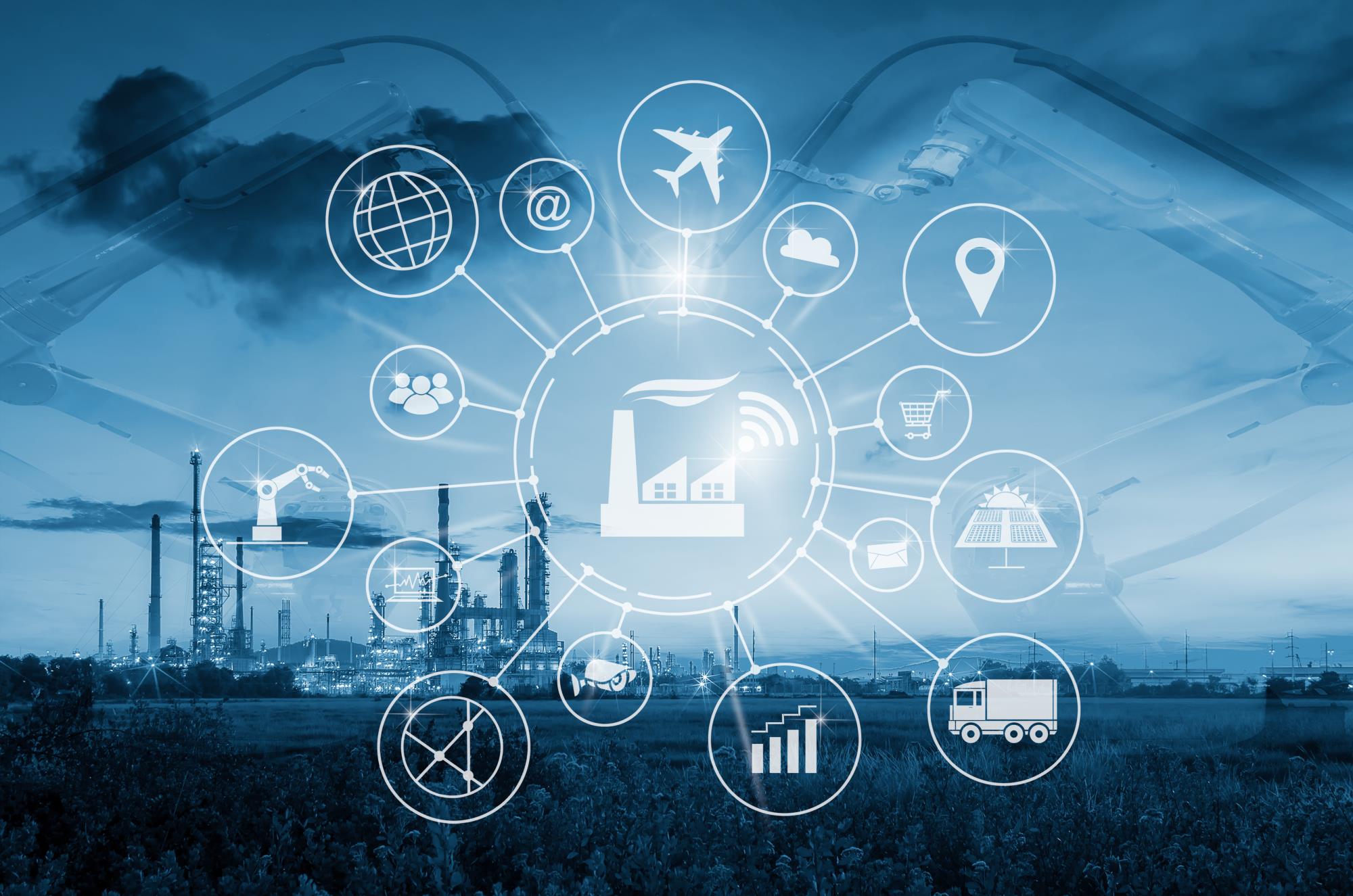
In 2007, Al Gore won the Nobel Peace Prize for his film "An Inconvenient Truth" on climate change with the IPCC (Intergovernmental Panel on Climate Change). The carbon tax was at the heart of the French presidential debate, and all the cars proudly displayed their CO2 grams on their doors at the Mondial de l'Automobile. People seemed to have finally taken the measure of the challenge to be met.
Two decades and two global crises later, the Annual Climate Conferences (COP) since the Rio Summit in 1992 have not brought about any truly concrete or decisive progress that is equal to the challenge.The Volkswagen scandal and its software that falsifies the polluting emissions of vehicles illustrate a still tenacious vision of a political-economic world opposing competitiveness (and therefore employment) to the preservation of the Planet. "Software is eating the world", according to web pioneer Marc Andreeseen. Astrophysicist Stephen Hawking and entrepreneurs Elon Musk (Paypal, Tesla, SpaceX) and Steve Wozniak (Apple) have even warned us against artificial intelligence and its dangers. According to them, algorithms can be a threat to Humanity if they are misused, like killer robots or autonomous weapons.
 A more sustainable world with AI
A more sustainable world with AIHowever, the numerous and omnipresent data in our smartphones and connected objects constitute a formidable raw material for producing innovation that is beneficial to the climate. The start-up movement has taken on an unprecedented scale, particularly in France with the French Tech label. Young companies are now creating more jobs than traditional sectors, and innovation is feeding the virtuous circle of competitiveness. Energiency is a start-up of nearly 30 people at the intersection of energy and digital transitions. We develop artificial intelligence algorithms that analyze data from smart energy meters and the Internet of Things (IoT) in real time. Our technology enables companies to achieve up to 15% energy savings by getting the most out of their production tools.T his innovation embodies a frugal logic as described by Navi Radjou. Kindness can be translated here as looking out for the good, or staying always on the alert for climate risk. Digital start-ups can now make the world more sustainable and intelligent thanks to agile and smart solutions, without waiting for a global political consensus at COP 26, which is already too late.
SKF, the world's leading ball bearing manufacturer, has already made the choice to adopt artificial intelligence with Energiency to control its energy consumption: "Since the operational implementation of this tool in January 2019, the sectors concerned have reduced their energy consumption by 5.9% in the first half of 2019 compared to the same period of the previous year. This result is well above the expected 3.6%." according to Bruno Valenti, Technical Assistance and Coordination Manager at SKF France. Read his testimony in this success story.
And you, what are you waiting to use AI to boost your energy and digital transition?
Pour recevoir en avant-première nos actualités, nos présences à des événements, nous vous invitons à vous inscrire à notre newsletter.
© 2021 Energiency - All rights reserved | Terms of use - Privacy policy